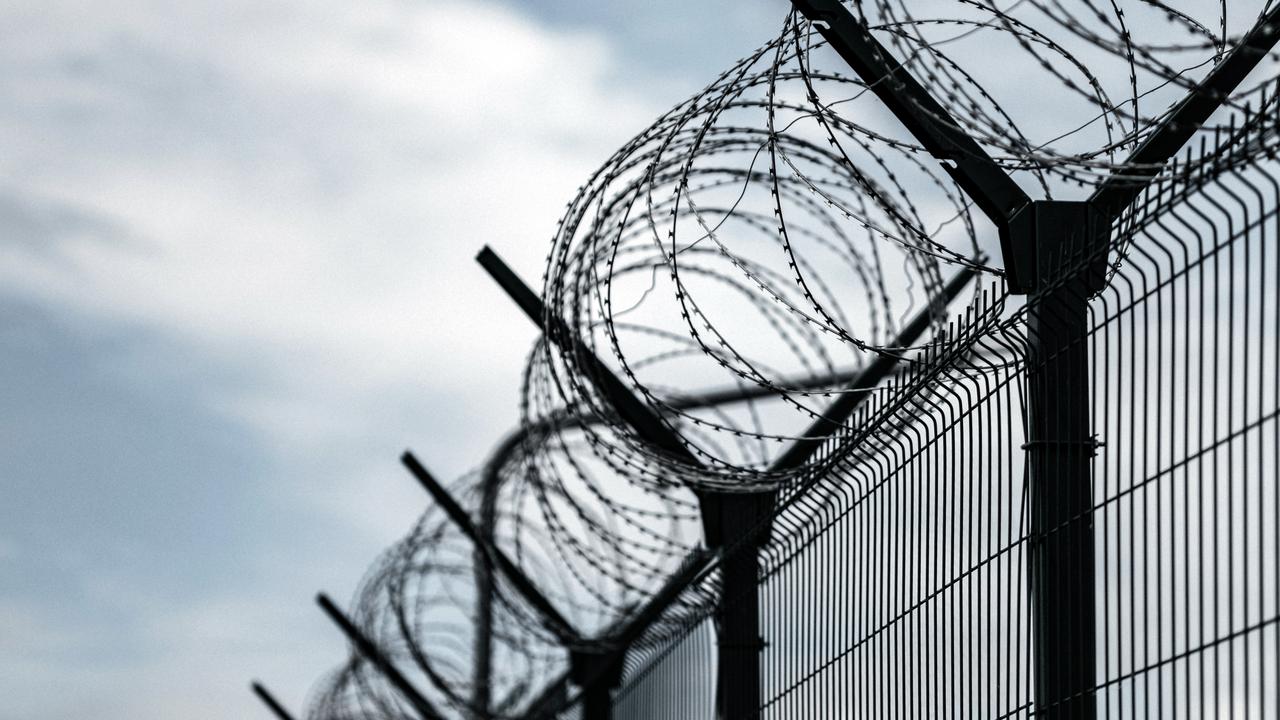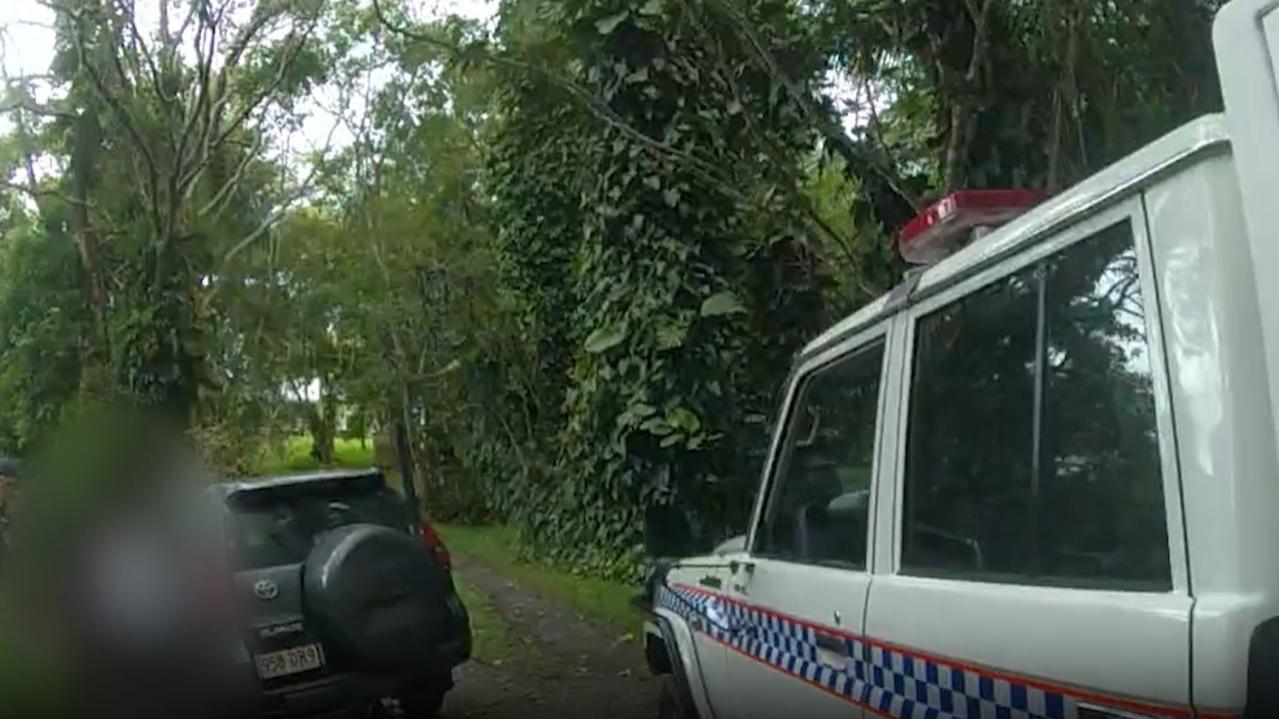Why Cairns is well positioned to win the tourism race post-Covid
It seems the measures that kept Cairns relatively safe from the pandemic could be what propels the region into the forefront of tourist’s minds when choosing their next holiday destination.
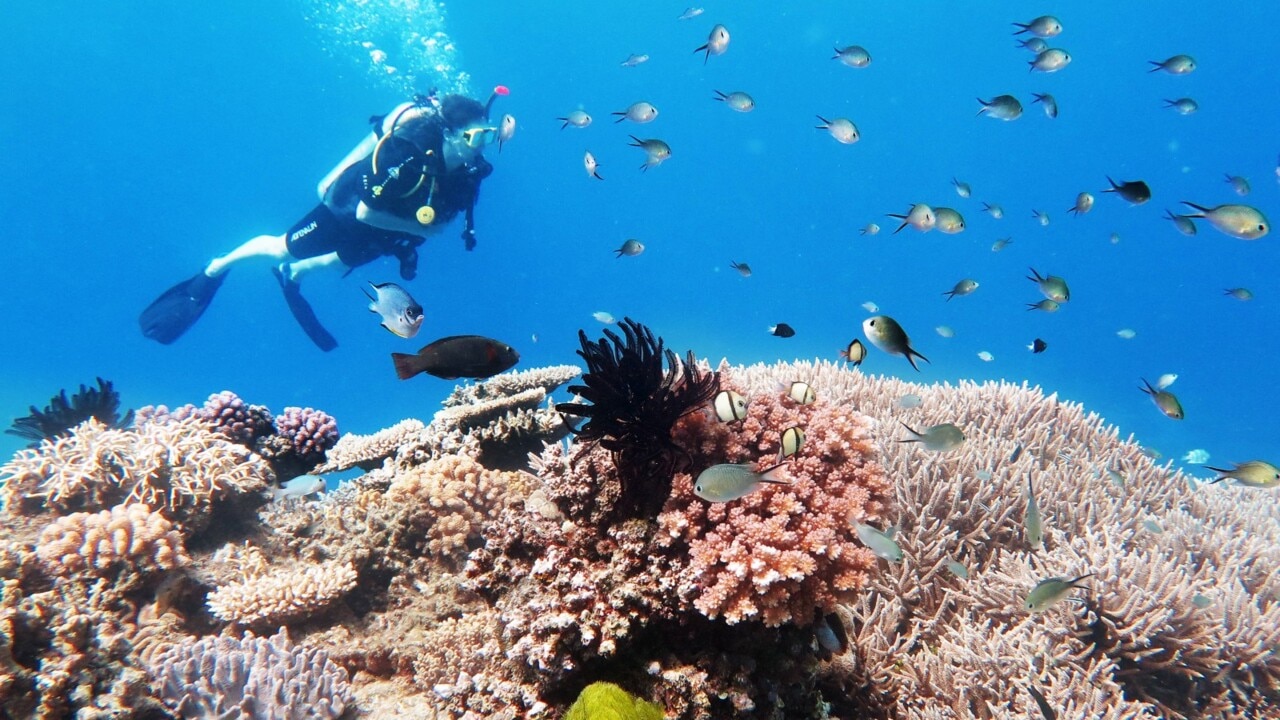
Cairns
Don't miss out on the headlines from Cairns. Followed categories will be added to My News.
IT seems the measures that kept Cairns relatively safe from the pandemic could be what propels the region into the forefront of tourist’s minds when choosing their next holiday destination.
And in a further boost for beleaguered tourism operators, research suggests the Far North just has to play to its strengths in order to attract visitors back to the region.
A study from the Pacific Asia Travel Association (PATA) has revealed that 70 per cent of prospective travellers will be choosing their next holiday destination based on how well that area handled the Covid crisis.
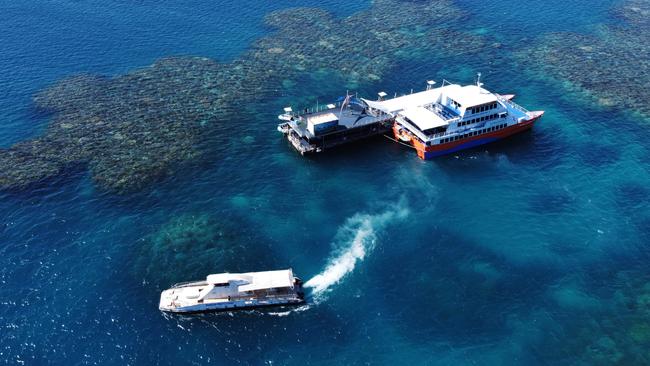
With the Great Barrier Reef and world heritage listed rainforests as its jewels in the crown, the Far North can also profit from findings which suggest that 73 per cent of holidaymakers will be looking for an opportunity to avoid crowded places when travelling with more natural attractions considered a major drawcard in the post-Covid world.
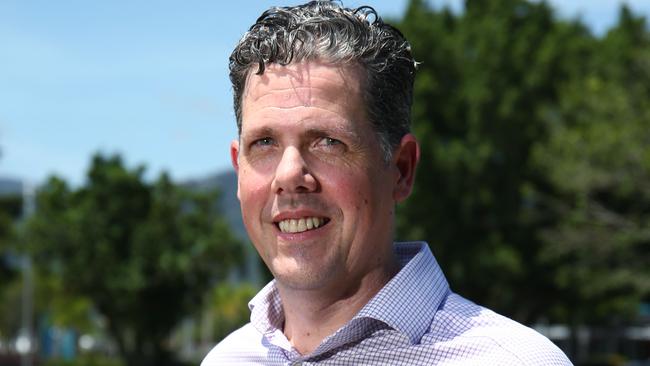
Tourism and Tropical North Queensland chief Mark Olsen said the findings represented an enormous opportunity for the region.
“We know that as a Covid-safe destination, we handled the virus well. We didn’t have a lot of community transmission and this is something that will be looked upon favourably,” he said.
This was reflected in the numbers of tourists arriving in the Far North during the window when interstate travel was an option prior to the latest lockdowns.
“We saw the sentiment by Australian travellers … which was we’ll go to destinations where there wasn’t Covid. We’ll avoid the cities and go to the regions,” Mr Olsen said.
But don’t expect any sanitation stations or statistics trumpeting the region’s (to date) low infection rate to figure in regional tourism advertising any time soon.
“It would be a brave marketer who went to the market and said ‘we didn’t have Covid so come and choose us’ because you very quickly lose that status and you don’t have any control over that.
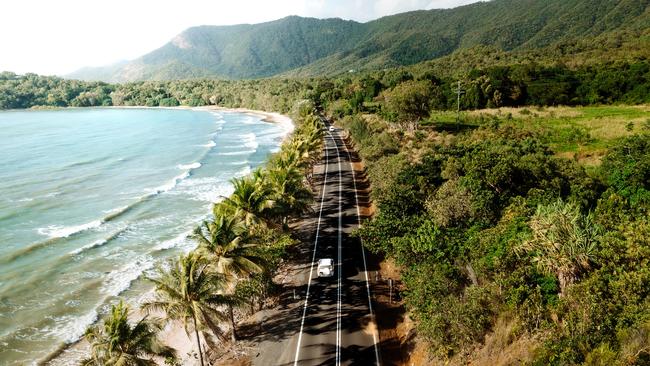
“If you promise and don’t deliver then you may as well of not made the promise at all – it does more damage to the brand,” Mr Olsen said.
Instead the focus will be on the Far North’s main selling points and factors that are not in dispute.
“We can deliver world heritage natural environments and open spaces that allow you to take a breath.
“We would allow the consumer to make their own assessments on the Covid-safeness of the destination,” he said.
Fortunately the study revealed that travellers are looking for more natural attractions in their travel destinations and want to avoid crowded places when travelling.
This finding ties in to the concept of sustainable travel and plays to the region’s sweet spot and the tourism body’s advertising strategy.
“I think people will look to avoid crowded airports, crowded cities, they’ll look to get just a little bit more space and for a place like Cairns and the Great Barrier Reef, it’s a huge advantage to us.”
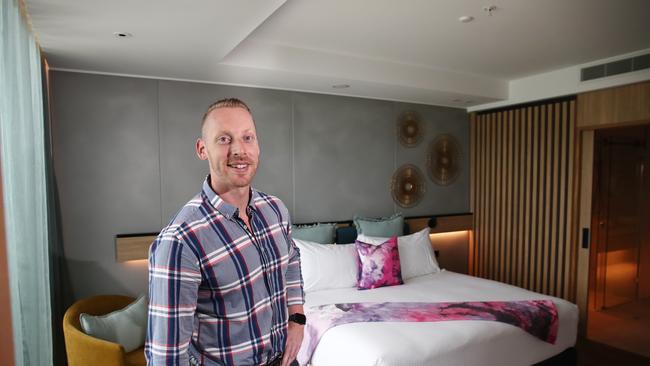
Crystalbrook Collections Hotel general manager Joel Gordon believes it’s a “certainty” that the attractions the region has to offer will appeal to international tourists but warns targeted messaging will be needed once borders open up.
“People will want to experience the natural wonders that we have on our doorstep.
“I think it’s an absolute no-brainer that people won’t be attracted to built-up cities and we will see a good influx of people.
“Once the international borders do open up, the state government needs to support the destination.”
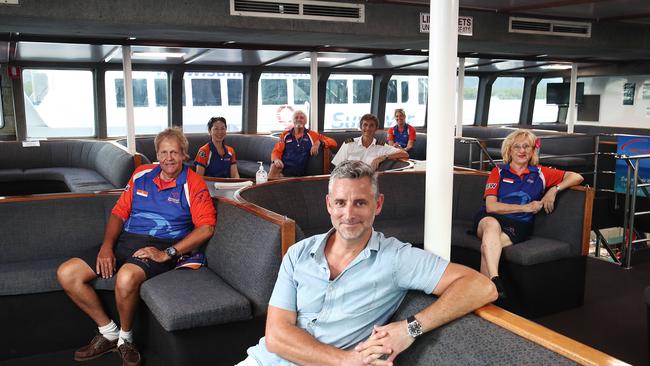
Sunlover Reef Cruises Group General Manager Greg Erwin said online research from prospective travellers indicated the Far North was in prime position to capitalise on an open tourist market.
“We are rightly seen as a natural wonder and place to travel to without that fear of the volumes of the capital cities. I think that’s absolutely going to drive us.
Mr Erwin said the region’s infrastructure would help position itself as a destination of choice as compared to its rivals.
“A lot of those destinations have to have the capacity to deal with (large numbers of tourists)
“Places like Uluru do but the amount of people who can go to Exmouth, go to Rottnest Island, go to Kangaroo Island is a lot more limited than what you can do in Cairns and the Great Barrier Reef.
“I think the fact that we’ve got the international airport, that we’ve got the Barrier Reef, the two World Heritage areas … that positions us very well.”
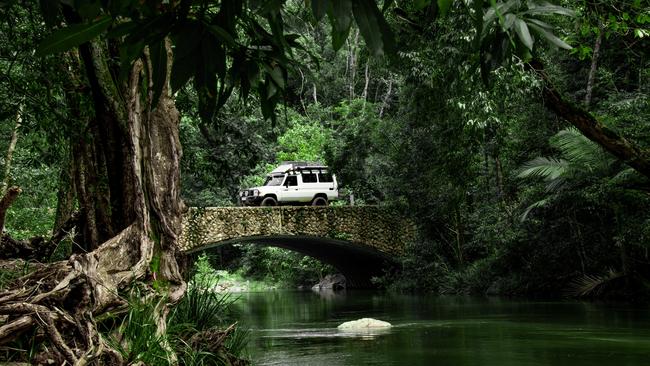
WHAT TOURISTS ARE LOOKING FOR IN A POST-Covid WORLD
The Far North’s major players have read the room and are ready to reap the rewards in a post-Covid tourism market.
A study from the Pacific Area Travel Association has revealed that health and hygiene precautions were now a more important factor than price, location or exclusive offers when selecting holiday experiences.
Tourism and Tropical North Queensland boss Mark Olsen believes consumer expectation has changed as a result of the pandemic.
“They want it to be really visible, they want the cleaning to be visible, they want the distancing to be visible,” he says.
“I’m not really sure consumers will be as comfortable being put in proximity to others for a while yet.”
He says it is something the tourism industry in the Far North has to be mindful of.
“I think it’s hard for a resident of Cairns to imagine what it feels like to be locked down as long as some cities and countries have been locked down for.
“The desire to never have that happen again to you is going to be very strong for a lot of people and their expectation is if that’s what it takes to avoid going back into lockdown, I’ll opt for the mask, the hand sanitiser and don’t touch. If I have to pay more to make sure the distance is created then that’s what I’ll do.”
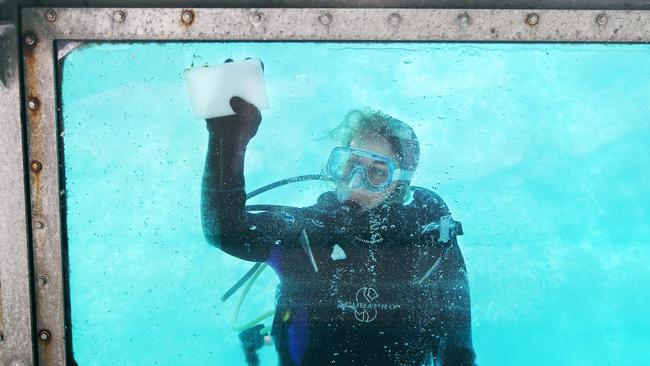
By necessity, Sunlover Reef Cruises Area general manager Greg Erwin says the day cruise business had altered its offering to comply with Covid-19 restrictions and satisfy consumer sentiment.
The boat is thoroughly cleaned from top to bottom every couple of hours and the lunchtime buffet – long a staple of the daylong diving trip – moved to a lunch box concept before returning with staff available at every station to serve guests.
But it’s the guest numbers which have been the greatest cause of consternation for the business.
“Our pontoon numbers are 350, the boat is 400 and we’ve been running around at anywhere between 30 and 60 per cent capacity,” Mr Erwin says.
“The marine sector has found it difficult – we’re not a bar, we’re not a restaurant, we’re not a stadium, we’re not a plane, we’re not a bus. It’s been a little bit tricky to find the regulations that fit us.”
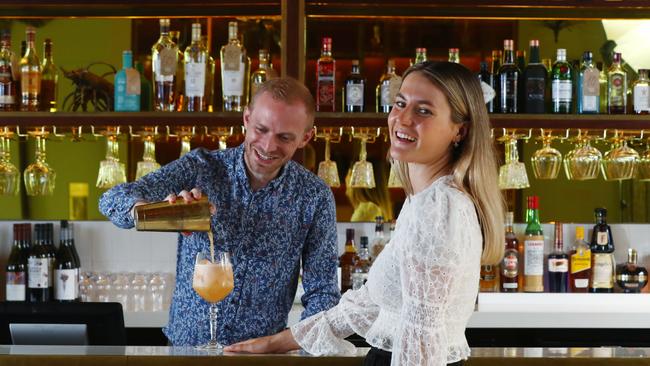
Area manager of Crystalbrook Collections Far North suite of hotels, Joel Gordon, says providing an enhanced cleaning regimen was a balancing act.
“It’s a fine line between delivering a five-star luxury guest experience and crossing that line and feeling like you’ve just walked into a hospital waiting room.”
Both industry leaders accept that not only do they have provide an enhanced cleaning schedule but they have to comply with the public’s expectation that they have to be seen to be doing it.
Mr Gordon says Covid had understandably provided guests with a heightened awareness about hygiene issues.
“They have to be confident they can walk into one of our buildings and feel secure that we’re doing everything possible to ensure their safety,” he said.
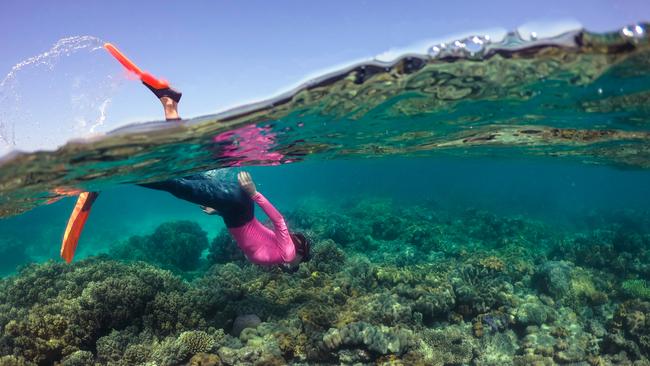
Mr Erwin believes the expectation of cleanliness is reasonable but disagreed that the spectre of social distancing would manifest itself in a consumer belief that numbers should be kept at a minimum.
“Some people will say they don’t want to go out on a boat with 50 people on it but it’s a small boat with only space on it for 50 people.
“If you’re on a cruise ship with 3000 people that has room for 5000 people, there’s a lot more space.
“I’m not necessarily thinking there will be an expectation that we need to carry less people into the future
“The cafe and the restaurant that has the most people is the one that people usually go to. We’re social creatures by nature and I don’t think that not being around anyone is the reaction … it’s how are you going to keep me safe when I put my trust and faith in you,” he said.
A state government road map to freedom has provided welcome assuredness for an industry which has been plagued by uncertainty for the last 18 months.
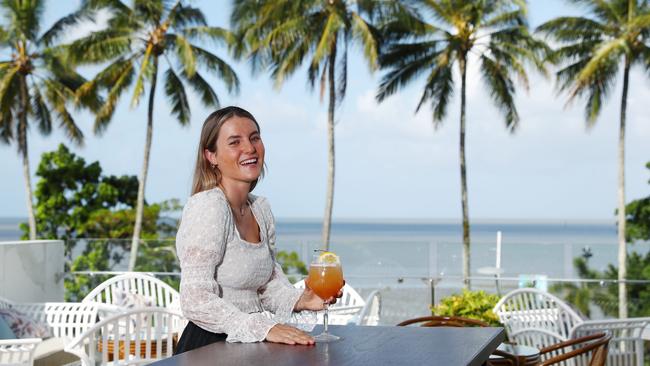
Mr Gordon said in the early part of the Pandemic strategy decisions which were normally a month-to-month proposition suddenly became a day-to-day operation.
“I think one of the biggest issues out of Covid is your strategies continuing to change while there’s lockdowns and losses and border closures potentially being rolled out.
“The quicker we get vaccinated the quicker those strategies can extend back out again,” he said.
For Mr Erwin the hardest period was during the Easter school holidays when operators had to turn tourists away due to load limits.
“People don’t understand … they turn up and see all the boats out there and say ‘you’re telling me there’s no room on any of them’.
“That’s when you’ve got people screaming at you ‘we’ve arrived here on a full plane but now we can’t go on this boat’.”
“I think it was a really poor thing for this destination.”
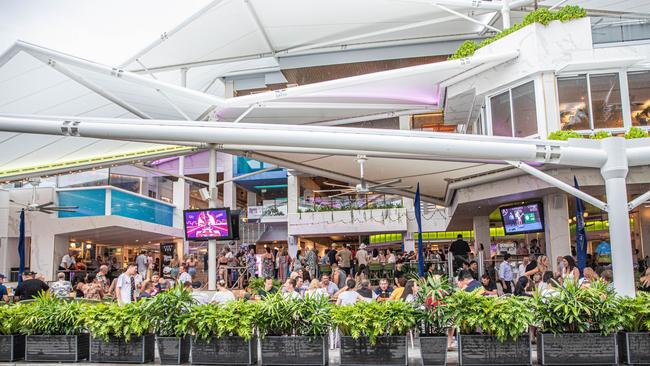
Key factors taken into account when selecting a destination
70.5%: concerned with how destinations contained the number of Covid-19 infections and fatalities
72%: watching destinations’ culture of social responsibility towards preventing spread of virus (eg self-quarantine, social distancing, wearing face masks)
71.6%: pay attention to the presence of businesses that have measures in place to prevent the spread of the virus
73.2%: looking for the opportunity to avoid crowded places when travelling
Focus on cleanliness
91%: indicated cleanliness is main criteria when choosing accommodation
79%: say it is important to publicly display compliance to government safety standards
* Data from the Pacific Area Travel Association study “The impact of Health and Hygiene on Post Covid-19 Destination Competitiveness”.
More Coverage
Originally published as Why Cairns is well positioned to win the tourism race post-Covid



